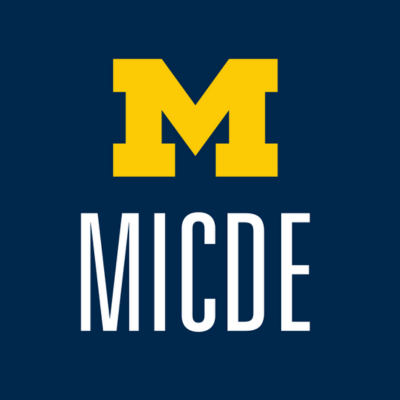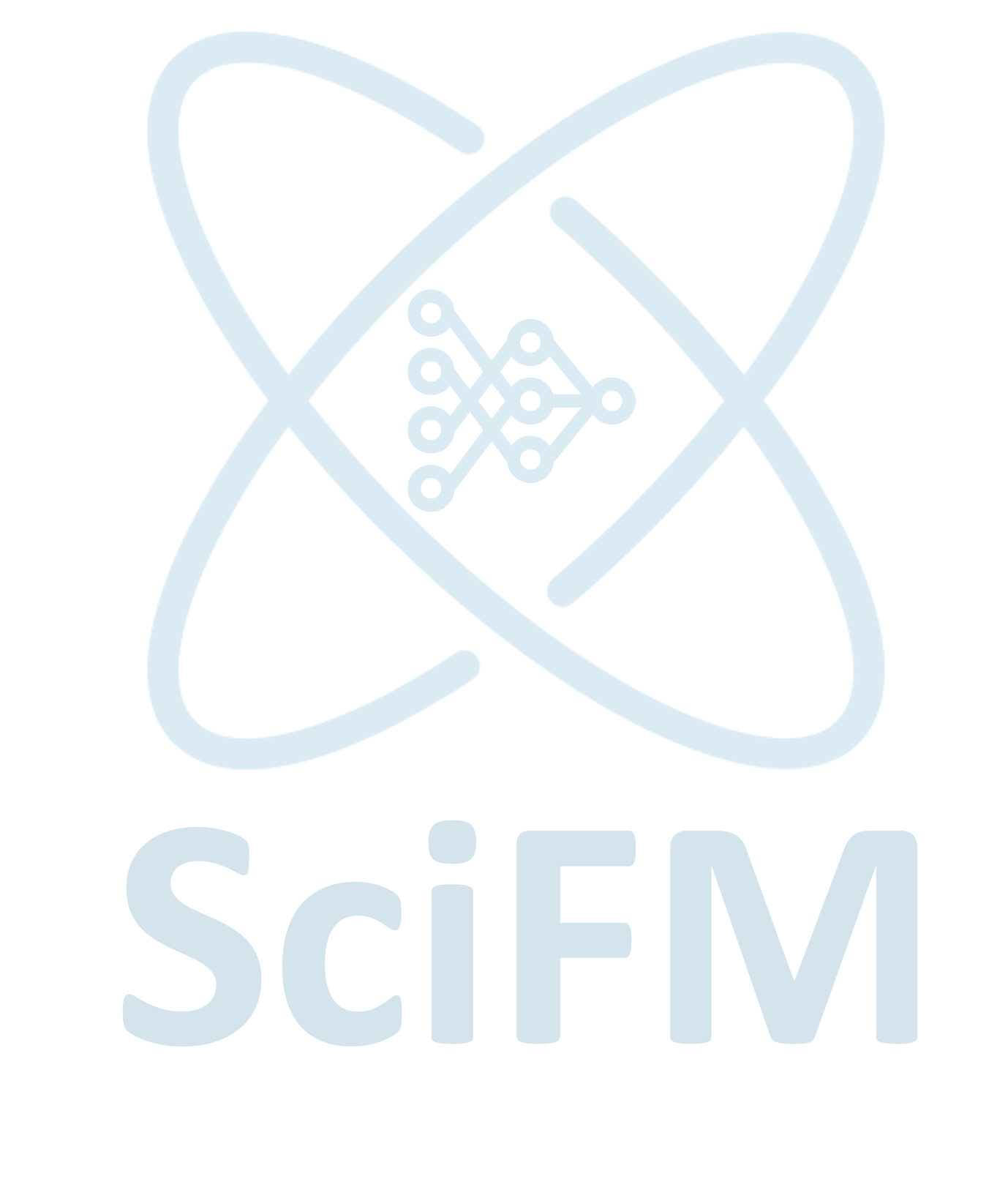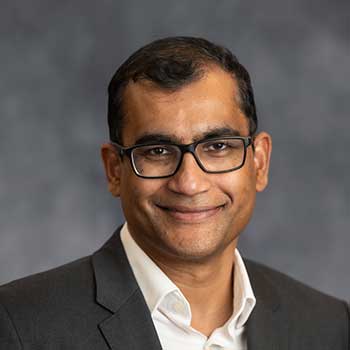

MICDE recently organized the SciFM conference and had an incredible reception for the event. Based on the feedback from that meeting and further discussions with National Lab and academic partners, we organized the SciFM Summer School 2024. We wish for this to be a recurring event hosted at different locations across the country. The first instance was run in parallel at the University of Michigan (UM) and at Argonne National Laboratory (ANL). The summer school involved:

Video recordings of the lectures are now available on YouTube.
We have made our course content available on GitHub at scifm/summer-school-2024, licensed under the Apache 2.0 license. You willll find pre-worked examples covering topics such as tokenization and neural scaling laws, along with demonstrations of vision transformers and diffusion models tailored for scientific applications.

Participants explored innovative applications of Foundation Model in four application domains:
Foundation Models for material science have been used for a range of material property prediction, retrosysnthesis and structure search tasks.
In Biology, Foundation Models have enable numerous breakthroughs including protein structure prediction and the classfication of emergent variants of viruses.
A Computational Science Foundation Model capable of designing and orchestrating computational research campaigns will enable scientists to focus on domain science through the creative specification of hypotheses and greatly accelerate scientific discovery.
Foundation Models may be the route to enabling data efficient, general purpose PDE solvers.
